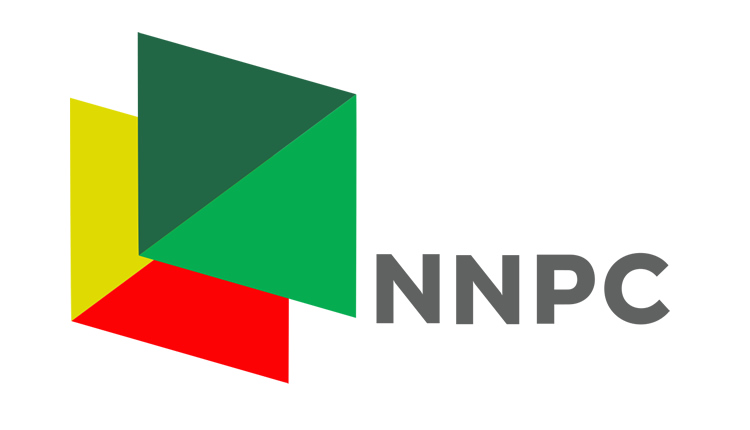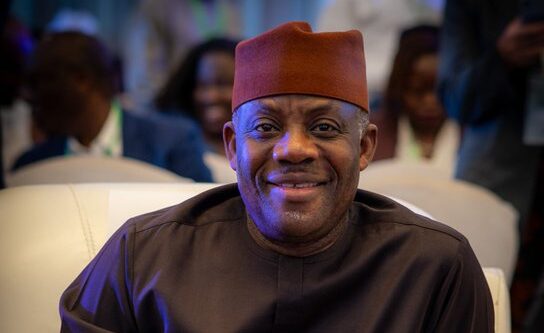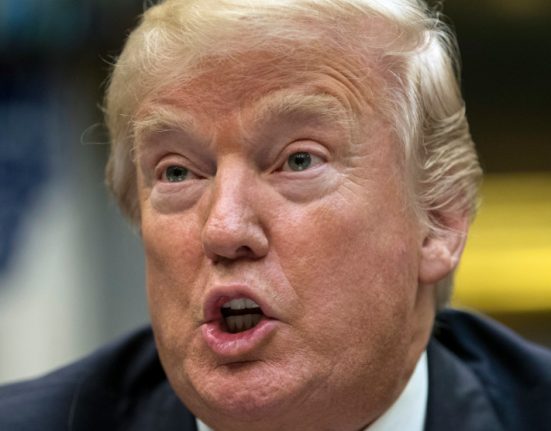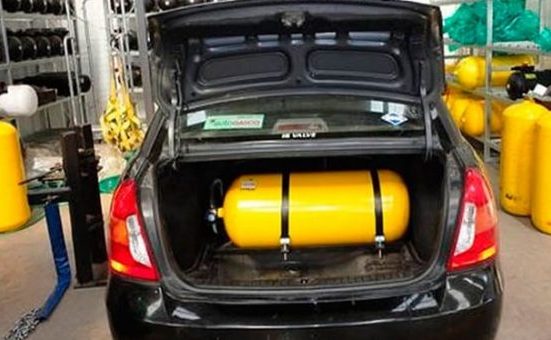The Federal Government came under intense fire over the weekend as the Nigerian National Petroleum Company Limited confirmed that the country’s long-dormant refineries in Port Harcourt, Warri, and Kaduna remain non-functional despite over 18 billion dollars invested in their rehabilitation. The statement, made by the new NNPCL boss, Bayo Ojulari, has sparked national outrage, with opposition leaders, experts, and lawmakers calling for a criminal investigation and full public accountability.
Ojulari’s shocking admission came during an interview with Bloomberg in Vienna, where he revealed that the NNPCL was reviewing its refinery strategies and might consider selling off the assets entirely. According to him, years of spending and technological upgrades have yielded little to no progress due to outdated infrastructure and decades of neglect. The move marks a significant policy shift from his predecessor, Mele Kyari, who had promised that all four refineries would be operational before the end of the Buhari administration in 2023.
Ojulari’s comments confirmed earlier concerns raised by Africa’s richest man, Aliko Dangote, who stated that the refineries may never work again. Speaking at his Lekki refinery on Thursday, Dangote described the refineries as technological relics unfit for modern processing. He revealed that even after the government spent billions of dollars on them, they are still unable to produce effectively. He compared the situation to trying to modernise a 40-year-old car, stressing that no amount of engine replacement can change the inefficiency of an outdated structure.
Former President Olusegun Obasanjo has also been vindicated. He had sold the refineries in 2007 to Dangote and his allies, but the sale was reversed by late President Yar’Adua after pressure from NNPC officials. Obasanjo had repeatedly warned that the refineries were beyond salvage, alleging that even global oil giants like Shell had refused to operate them. He declared that corruption and greed were the driving forces behind the charade, insisting that in any civilised country, those involved should be in jail.
In swift reactions on Saturday, leaders of the opposition, public commentators, and lawmakers called out both the current administration under President Bola Tinubu and the previous one under Muhammadu Buhari for misleading the Nigerian public with claims that the refineries had resumed operations. The National Coordinator of the Obidient Movement, Yunusa Tanko, said the new revelations only confirm a long-standing culture of deception. He accused the government of lacking integrity, stating that repeated assurances about refinery functionality were baseless lies.
Tanko noted that the government did not conduct any proper due diligence before making public pronouncements. He said this reckless approach has worsened public trust in governance. According to him, President Tinubu’s decision to continue with Buhari’s policies without a critical reassessment has dragged the nation further into waste and uncertainty.
Peter Ameh, National Secretary of the Coalition of United Political Parties, joined the calls for justice, urging the government to launch a public criminal investigation into the billions of dollars allegedly wasted on refinery turnaround projects. He stated that those involved must be held accountable through a transparent trial, adding that without such a process, corruption would continue to thrive unchallenged.
Ameh criticised the media for amplifying false government claims about the refineries. He said journalists must play a more responsible role in scrutinising government assertions and educating the public. He argued that the time had come to privatise the refineries with proper oversight to avoid a repeat of past mistakes.
Former Senator Shehu Sani expressed reluctance about selling the refineries but conceded it might be the only viable option to stop the financial hemorrhage. He said the idea of spending another seven billion dollars on refurbishing the ageing infrastructure was economically reckless. However, he warned that the government must avoid replicating the disaster of the power sector privatisation, where performance worsened despite asset transfers.
Renowned political economist, Professor Pat Utomi, described the refinery rehabilitation project as an obvious waste from the outset. According to him, only political expediency and vested interests kept the project alive. He said the government ignored expert advice and pressed ahead with a failed plan simply to justify spending billions of public funds.
Dr Olu Agunloye, National Secretary of the Social Democratic Party, gave credit to the new NNPCL boss for finally admitting the truth. He stated that the government should now focus on doing what is necessary, including rooting out corruption and taking bold action to rescue the sector.
Member of the House of Representatives and Chairman of the Petroleum Resources Committee for Midstream, Henry Okojie, warned that Nigerians must be fully involved in the final decision regarding the refineries. He noted that the assets belong to the people and cannot be disposed of without consultation. Okojie added that his committee had launched a forensic investigation to determine the true state of the refineries and expose any fraud involved in the failed rehabilitation.
He questioned the sudden shift in government narrative, pointing out that only months ago, Nigerians were told the Port Harcourt refinery had resumed full operations. He said the National Assembly would carry out independent inspections and collaborate with experts to determine the economic viability of the facilities before recommending the next course of action.
According to data obtained by Kiin360, Nigeria has spent over 18 billion dollars on its refineries over the past decade, with little or nothing to show. In 2021 alone, the Federal Government approved 1.4 billion dollars for Port Harcourt’s rehabilitation, 897 million dollars for Warri, and 586 million dollars for Kaduna. Between 2013 and 2017, another 396 million dollars went into Turnaround Maintenance. Despite this, the refineries remain idle, and Nigeria continues to import refined petroleum products.
The latest developments have reignited national conversations about transparency, accountability, and the role of government in managing public assets. With the pressure mounting and Nigerians demanding answers, all eyes are now on the Federal Government as the nation waits for the promised review and possible sale of the refineries.







